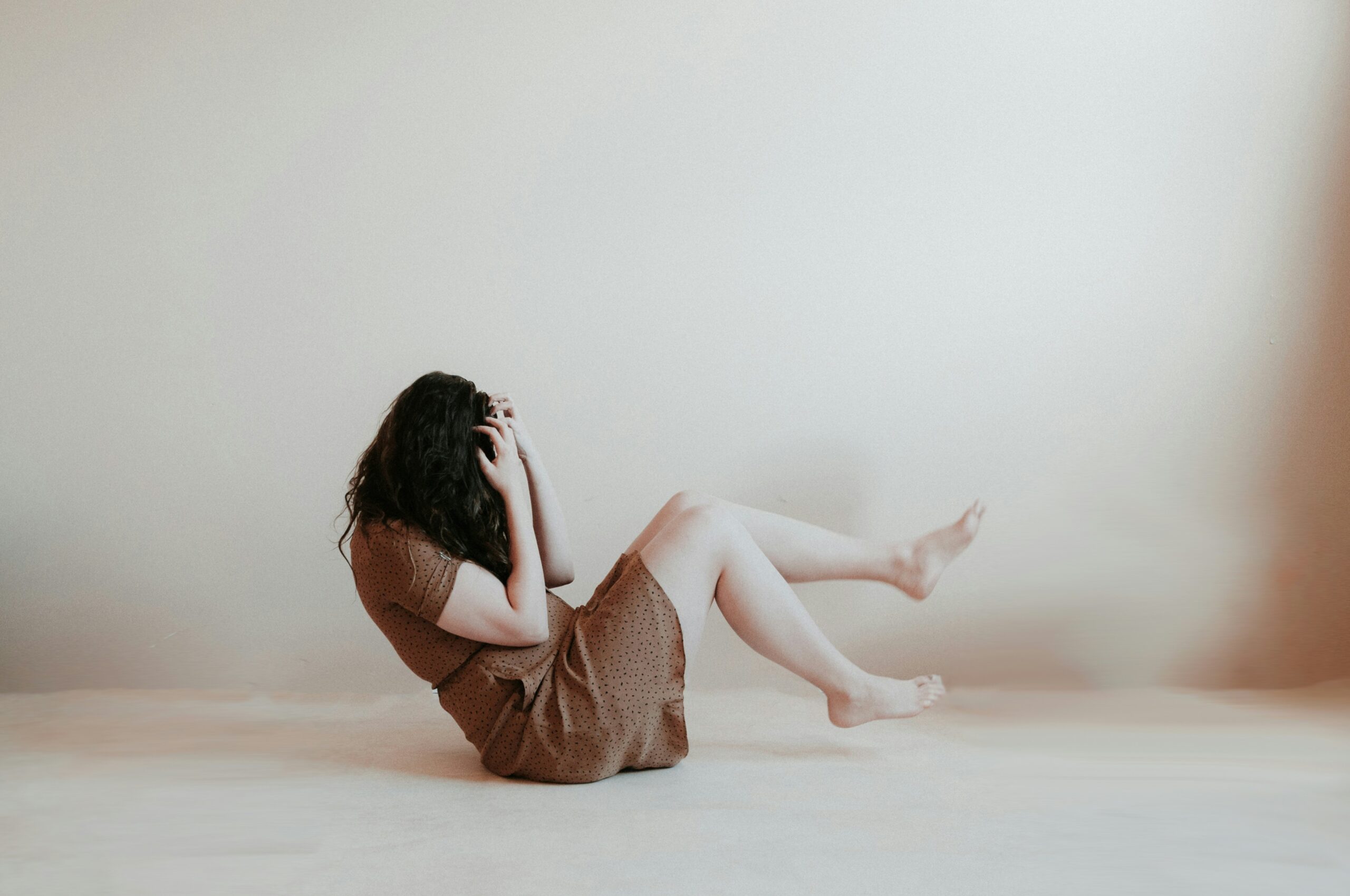Anxiety disorders affect millions of people worldwide, with women being nearly twice as likely as men to experience them. While anxiety is a natural response to stress, when it becomes overwhelming, persistent, and interferes with daily life, it may be time to take action. This guide will help women understand anxiety disorders, recognize their symptoms, and explore effective coping strategies for managing anxiety.
What are Anxiety Disorders?
Anxiety occurs when the body reacts to a perceived threat, helping you stay alert and focused. However, when anxiety becomes excessive and long-lasting, it might be classified as an anxiety disorder. These disorders cause intense fear, worry, or nervousness that can disrupt daily activities, relationships, and overall quality of life.
Some common types of anxiety disorders include:
- Generalized Anxiety Disorder (GAD): Persistent and excessive worry about daily activities and events, often without a clear cause.
- Panic Disorder: Sudden and recurrent panic attacks, leading to overwhelming fear and physical symptoms like heart palpitations and sweating.
- Social Anxiety Disorder: Fear of being judged or embarrassed in social situations.
- Obsessive-Compulsive Disorder (OCD): Repetitive thoughts and behaviors that people feel compelled to perform to relieve anxiety.
- Post-Traumatic Stress Disorder (PTSD): Anxiety triggered by past trauma, causing flashbacks, nightmares, and severe stress.
Why Are Women More Affected by Anxiety?
Several factors contribute to the higher prevalence of anxiety disorders in women. These factors include:
- Hormonal fluctuations: The menstrual cycle, pregnancy, and menopause can cause shifts in hormones, leading to increased anxiety levels.
- Cultural and societal pressures: Balancing work, family, and personal life can create chronic stress for many women.
- Trauma: Women are more likely to experience trauma like sexual assault or domestic violence, which can lead to anxiety disorders such as PTSD.
- Genetics: A family history of anxiety can increase the likelihood of developing an anxiety disorder.
Recognizing the Symptoms of Anxiety
While symptoms of anxiety can vary, common signs in women include:
- Constant worry or fear
- Irritability and restlessness
- Difficulty concentrating
- Physical symptoms like headaches, muscle tension, or digestive issues
- Sleep disturbances
- Avoiding social interactions or situations that trigger anxiety
If these symptoms persist for more than six months or significantly affect daily life, it’s essential to seek help.
How Anxiety Affects Daily Life
Anxiety can have a profound impact on a woman’s personal and professional life. Whether it’s struggling to focus at work, feeling overwhelmed by social situations, or facing constant worry about loved ones, anxiety can be all-consuming. The physical toll is also substantial, with symptoms like fatigue, headaches, and insomnia often accompanying the disorder.
How to Manage Anxiety Disorders in Women
Although anxiety can be overwhelming, several strategies can help manage and reduce its impact on your life.
- Practice Mindfulness and Meditation: Mindfulness techniques such as deep breathing and meditation can help reduce anxious thoughts and calm the nervous system.
- Exercise Regularly: Physical activity boosts endorphins, which naturally improve mood and reduce anxiety. Incorporating exercise like walking, yoga, or strength training can significantly help manage anxiety.
- Limit Caffeine and Alcohol: Both caffeine and alcohol can exacerbate anxiety symptoms, so it’s wise to limit or eliminate their use if you experience heightened anxiety.
- Get Sufficient Sleep: Sleep is vital for mental health, and lack of rest can make anxiety worse. Create a sleep-friendly environment by establishing a routine, limiting screen time before bed, and ensuring the room is dark and quiet.
- Talk to a Therapist: Cognitive-behavioral therapy (CBT) is highly effective for treating anxiety disorders. It helps you identify negative thought patterns and provides tools to manage them. Therapy can be an empowering way for women to take control of their mental health.
- Medication: In some cases, medication like antidepressants or anti-anxiety medication may be prescribed by a doctor. While medication isn’t always necessary, it can be part of an effective treatment plan for more severe cases.
Conclusion
Anxiety disorders are common, but they don’t have to control your life. Women face unique challenges in managing anxiety, from hormonal fluctuations to societal pressures, but by using strategies like mindfulness, regular exercise, therapy, and prioritizing sleep, you can take control of your mental health. Remember, anxiety is treatable, and with the right support, you can lead a healthy, fulfilling life. If anxiety is disrupting your daily life, don’t hesitate to seek professional help and empower yourself to overcome it.
